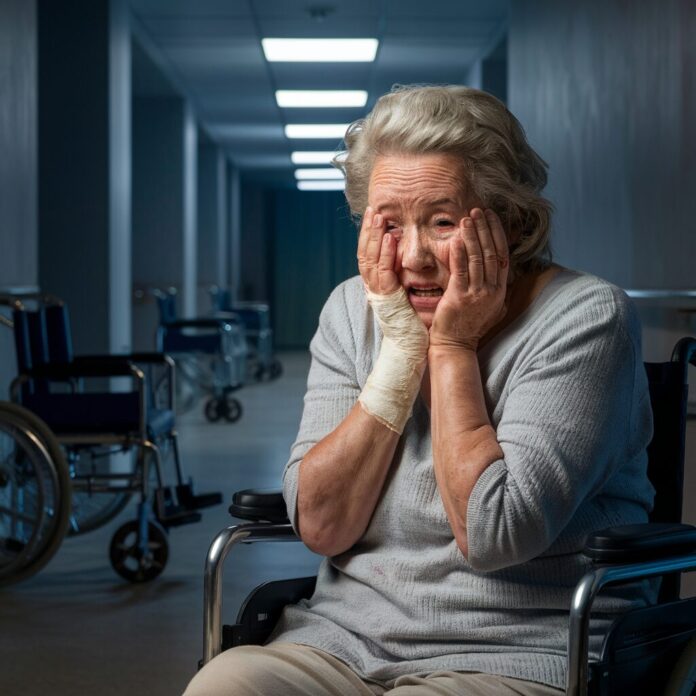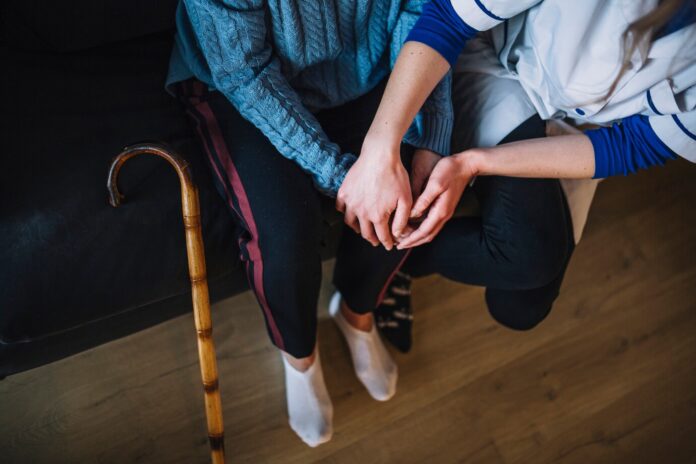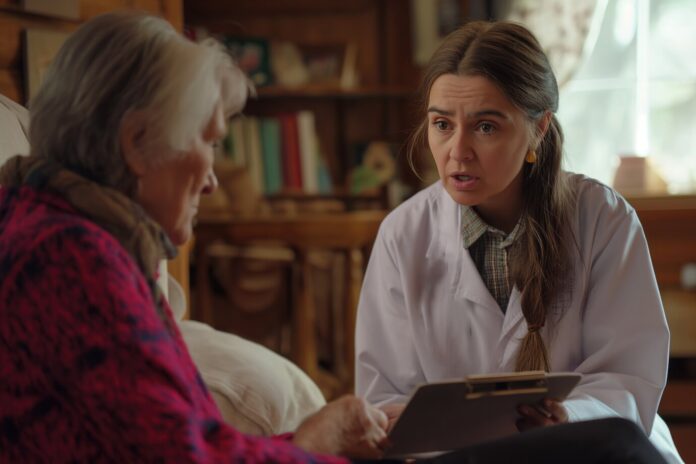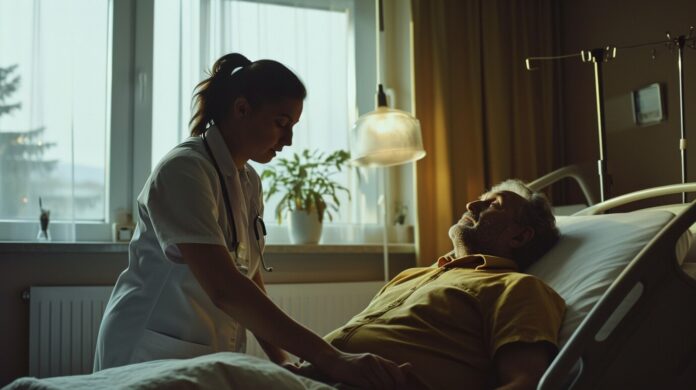Nursing homes are supposed to provide a safe and nurturing environment for elderly residents. While many of them provide excellent care, there’s an alarming rise in cases of nursing home abuse, which can cause physical and emotional harm.
If you suspect that your loved one is a victim of nursing home abuse, it’s essential to take swift action to protect them. The well-being and safety of your loved one should be your top priority, and there are several steps you can take to address the situation.
In this guide, we will explore what you should do if your loved one is a victim of nursing home abuse. In some cases, you might need legal help from a Lytal, Reiter, Smith, Ivey & Fronrath – Fort Lauderdale nursing home abuse attorney.
Recognizing the Signs of Abuse
The first step in addressing nursing home abuse is recognizing the signs. Abuse can take many forms, including physical harm, emotional distress, neglect, financial exploitation, or even sexual abuse. Look for physical signs such as unexplained bruises, cuts, or injuries. Emotional abuse might cause changes in behavior, such as withdrawal or fear. Neglect might result in poor hygiene, weight loss, or untreated medical conditions. Financial exploitation can lead to unusual bank withdrawals or changes in financial documents. It’s important to stay vigilant and be aware of these signs.
Talking to Your Loved One
If you suspect abuse, talk to your loved one about what is happening. Approach the conversation with care and compassion, as they may be afraid or embarrassed to speak up. Ask open-ended questions and encourage them to share their experiences. Make sure they know that you are there to support them and that they are not to blame for the abuse. Your loved one’s perspective can provide valuable insights into the situation and help you decide on the next steps.
Documenting the Evidence
Documenting evidence is crucial when addressing nursing home abuse. Take photographs of any injuries or unsanitary conditions. Keep records of conversations with your loved one or witnesses who can provide information about the abuse. Save any relevant documents, such as medical records or financial statements. This evidence will be important if you need to report the abuse to authorities or pursue legal action. Proper documentation helps establish a clear and detailed account of what happened.
Reporting the Abuse to Nursing Home Management
Once you have gathered evidence, report the abuse to the nursing home management. Speak with a supervisor or administrator and present your concerns. Document this conversation in writing, and follow up if you do not receive a response. Reporting the abuse internally allows the facility to address the issue and correct any problems. However, if the management is unresponsive or if you believe the issue is serious, it is important to seek help from external authorities promptly.
Contacting State or Federal Authorities
If the nursing home management does not address the abuse, contact state or federal authorities. Each state has agencies responsible for protecting nursing home residents, such as Adult Protective Services (APS) or the state’s health department. Federal agencies like the Centers for Medicare & Medicaid Services (CMS) also oversee nursing home care. Contacting these agencies is crucial if internal reporting does not resolve the issue or if the abuse is severe. These authorities can investigate the situation and take necessary action.
Seeking Medical Help
If your loved one has been physically harmed, seeking medical help is essential. Take them to a doctor or hospital to assess their condition and provide necessary treatment. Medical professionals can also document any injuries or conditions resulting from the abuse. This medical documentation is important for both your loved one’s health and for any future legal action. Addressing your loved one’s health needs should always be a top priority.
Moving Your Loved One
If the abuse is severe or if the nursing home fails to address the issue, consider moving your loved one to a safer environment. Finding a new facility that provides proper care and respect is crucial for their well-being. Moving your loved one may involve researching new facilities, touring potential homes, and coordinating the move. This step can provide peace of mind and ensure your loved one is in a safe and supportive environment.
Consulting an Attorney
In cases of serious abuse or neglect, consulting an attorney specializing in elder abuse cases is crucial. An attorney can help you understand your legal options, gather evidence, and pursue legal action against the nursing home. Filing a civil lawsuit can result in compensation for damages such as medical expenses, pain and suffering, and punitive damages. An experienced attorney can guide you through the legal process and advocate for your loved one’s rights.
Filing a Lawsuit
If you decide to take legal action, your attorney will help you file a lawsuit against the nursing home. This process involves gathering evidence, filing legal documents, and possibly going to trial. Filing a lawsuit can hold the facility accountable and prevent future abuse. It can also provide financial compensation for the harm your loved one has suffered. Working with an attorney ensures that you follow the correct legal procedures and that your case is presented effectively.
Conclusion
If your loved one is a victim of nursing home abuse, taking swift action is crucial to protect them and seek justice. Recognizing the signs, talking to your loved one, and documenting evidence are important first steps. Reporting the abuse to management and authorities, seeking medical help, and moving your loved one to a safer environment can help address the immediate situation. Consulting an attorney and filing a lawsuit may be necessary for serious abuse cases. Taking these steps ensures that your loved one receives the care and protection they deserve while holding accountable those responsible for the abuse.













